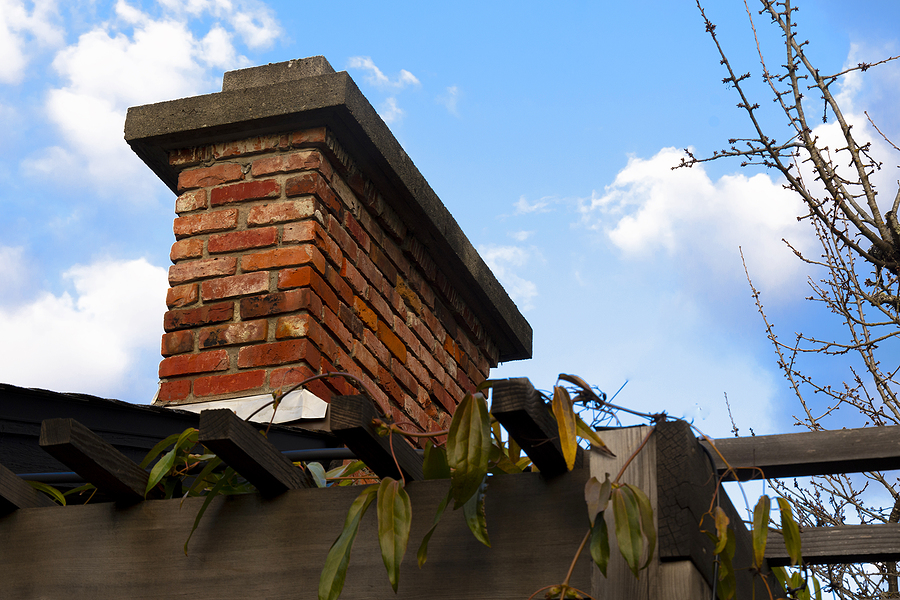Are you a homeowner in Indiana dealing with the nuisance of chimney swifts? If so, you’re not alone. Chimney swifts are migratory birds that nest in chimneys during the summer months and can cause significant disruption to your home. Fortunately, there are ways to protect your home from these pesky birds without harming them or breaking any laws.
In this blog post, we’ll discuss how you can safely remove and control chimney swifts in Indiana. We’ll also provide tips on how to prevent them from returning. Read on for more information!

Indiana Laws Surrounding Chimney Swifts
First, it’s important to be aware of the laws protecting Chimney Swifts in Indiana. In general, you cannot harm or kill Chimney Swifts as they are protected as a migratory bird species by federal law. Therefore, if you want to remove them from your home, you can only do so humanely and without causing any injury or distress to the birds.
Bird Removal and Control for Chimney Swifts
In order to effectively remove Chimney Swifts from your home, you should start by preventing their access. Seal off all possible entrances into your chimney with mesh wire or netting that is securely fixed around the edges of the opening. This will keep out adult birds while still allowing smoke and heat to escape through the opening. It may also be necessary to install a chimney cap, which is an additional layer of protection that prevents any birds from entering.
Once the appropriate coverings are in place, it’s important to remove any existing nests and debris left by the birds. This can be done via a professional bird removal service or DIY with special tools. However, make sure you take extra care not to disturb any eggs or young birds while doing so as this is prohibited by law.
Finally, it’s essential to ensure your home is well-protected against future infestations of Swifts and other nuisance birds. You can do this by regularly checking for signs of nesting activity such as droppings on your roof or around your chimney and cleaning them up immediately. Additionally, you should also pay attention to any gaps or cracks in your home’s exterior and seal them off with caulk or other sealing material.
Protect Your Home From Future Bird Infestations
By following these tips, you can effectively protect your home from Chimney Swifts in Indiana without breaking the law. While it may be difficult to keep these birds away for good, these measures can help to significantly reduce their presence and disruption in your home. However, Swifts are not the only chimney-dwelling nuisance bird in Indiana – several species of birds like to nest in chimneys, including grackles, starlings, sparrows, flickers, and more.
To deter pesky birds from entering your chimney, it’s essential to take prompt action and use a few bird control techniques. Installing a chimney cap is an excellent starting point; this will not only help keep the flue in pristine condition but also prevent any feathered friends from slipping inside. Be sure to set yourself an alarm as a reminder to close off the flue each time you light up the fireplace – that way you can protect your property and peace of mind.
Additionally, regular visual assessments of your house and its surroundings can help you discover a potential animal infestation before it becomes an expensive, pesky issue. Performing these inspections on the regular is paramount in preventing exorbitant costs down the road.
Do you suspect you have a nuisance bird problem on your property? Are there birds in your chimney or attic right now? Contact Modern Wildlife Control at 317-847-6409 for licensed and insured animal trapping and removal for birds in Indianapolis, Indiana. We serve residential and commercial clients.
Related Posts:
What You Should Do if You Have Birds in the Chimney
Top 5 Strategies for Bird Removal and Control
How to Protect Bird Feeders From Hungry Squirrels
